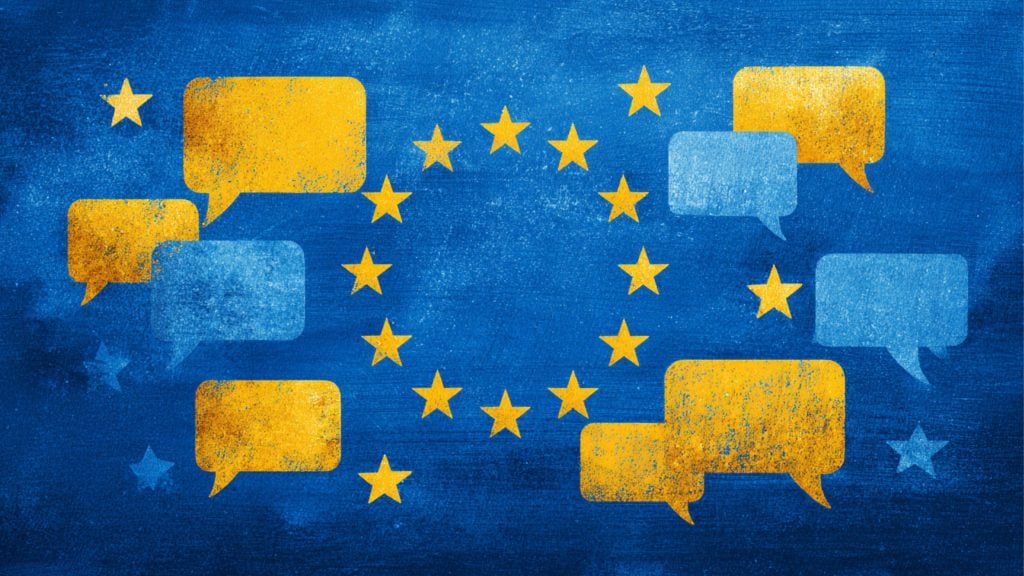It’s getting harder and harder for people to “take it easy” for a couple of weeks out of their busy year – especially if they’re doing that in Spain.
On top of everything else, the new regulation now in force is not only privacy-invasive but is resulting in “chaos” in hotels.
Reports say that tourists are falling victim to a “failing” new registration system that has them stranded at reception, sometimes for over an hour – just for the “privilege” of providing what is said to be “a full range” of personal information.
The rules in question were announced in December, and, let’s just say, the experience of checking into a hotel in Spain – or renting a car there – isn’t what it used to be.
The government in Madrid decided that hotels and car rentals now need to collect 31 pieces of personal information from customers, and filled into a form.
These include home and email addresses, phone numbers, bank accounts, relationships with children they are traveling with, the number of people in their group, and dozens more sensitive data points.
The justification for the “Big Brother check-ins” given by the Spanish government is the need to “crack down on organized crime.”
The problem with the new system – said to be the only of its kind in Europe so far – is multi-layered: there’s the privacy concern, there’s tourists’ confusion with how to comply, there are those who refuse to do that – and the computer system that’s supposed to implement the scheme is apparently sub-par.
Not only is it prone to crashing, but it also for some reason cannot be used before 5 am.
“A complete mess,” is how tourist rentals Habtur’s Maria Gibert described it.
Associations of companies involved in the tourism industry, a major branch of Spain’s economy, have been warning that this exact scenario would be playing out once the new rules came into effect, but this apparently didn’t attract the government’s attention.
Here’s a “fun” hypothesis: a proposal might eventually come up to introduce biometric scanning to get rid of those wait times and other logistical problems (that have now been created, for no apparent reason).
Full list of the 42 details Spain wants to collect from tourists:
- Address of residence (street, number)
- Assigned room
- Company address
- Company for which you work
- Companion’s date of birth
- Companion’s email address
- Companion’s ID number
- Companion’s nationality
- Companion’s place of residence
- Companion’s signature
- Contact landline telephone number
- Contact mobile telephone number
- Country of habitual residence
- Credit card expiration date
- Credit card number
- Date and time of check-in at the hotel
- Date of issue of the document
- Date of birth
- Dietary preferences
- Email address
- Expected date and time of check-out
- Expiration date of the document
- Gender
- Guest signature
- Identity document number
- International Bank Account Number (IBAN) code of the bank account (if a transfer is made)
- Marital status
- Municipality of residence
- Name and surname
- Name of companion
- Nationality
- Occupation or work activity
- Payment method used (cash, card, transfer)
- Place of birth
- Place of issue of the document
- Postal code of residence
- Province of residence
- Purpose of travel
- Relationship between travelers
- Special needs or medical requirements
- Type of identity document (DNI, passport)
- Vehicle details (if you arrive by car): license plate



